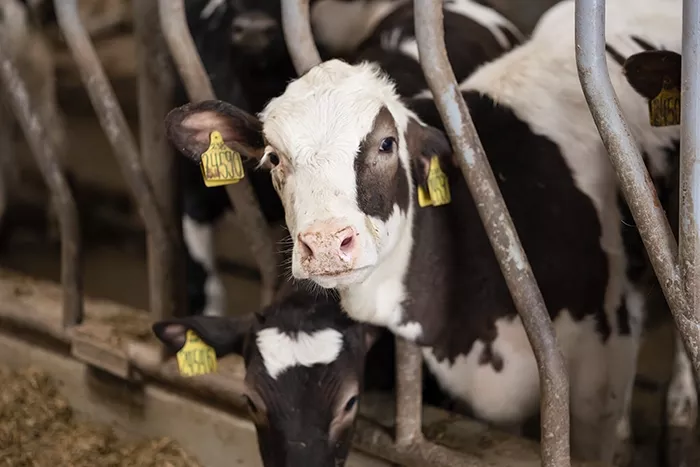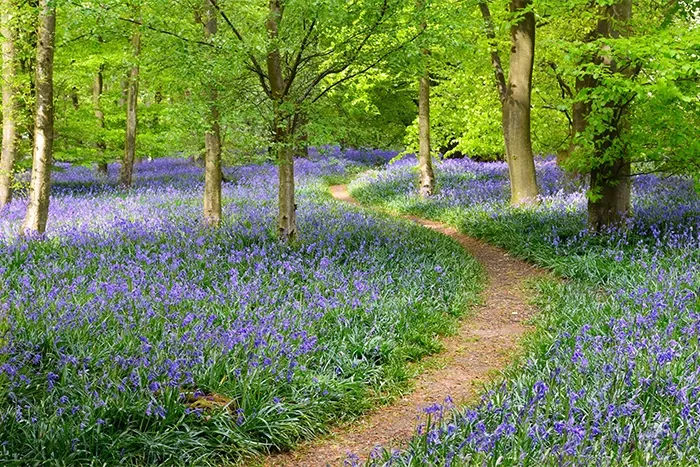The food industry will go to great lengths (and spend a fortune) to lobby policymakers, confuse the public and politicise scientific findings. When scientific evidence indicates the need to phase down environmentally harmful or unhealthy products, the responsible industry pushes back. In an article for The Conversation, Stephanie Walton, DPhil candidate in the School, explores how stranded assets may be motivating this resistance and examines the possible solutions.
News

SoGE MSc student Tabina Manzoor gives opening address at Right Here, Right Now climate summit
Tabina Manzoor, a Kashmiri student, researcher, and environmentalist currently pursuing an MSc in Water Science, Policy, and Management at SoGE, served as a student co-moderator at Oxford’s recently concluded Right Here Right Now Global Climate Summit, where she also gave an opening address at the Sheldonian Theatre.
Oxford students win 2021 Kellogg-Morgan Stanley Sustainable Investing Challenge
A team of four students from Oxford University including Annabella Wainer, 2nd year PhD student at the Smith School of Enterprise and the Environment has been named the winner of the 2021 Kellogg-Morgan Stanley Sustainable Investing Challenge.
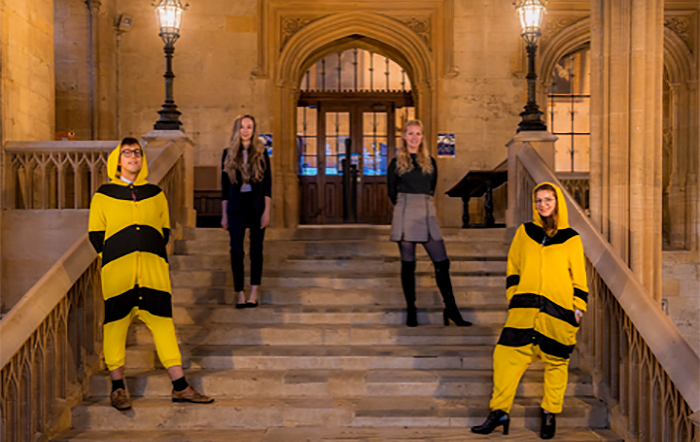
Tracking the economic impacts of COVID-19 one ship at a time
COVID-19 saw global maritime trade collapse by as much as 10% in the first eight months of 2020 - leading to losses of up to $412 billion, reveals recently published ECI research, which used sophisticated algorithms and tracking data to follow 100,000 vessels.
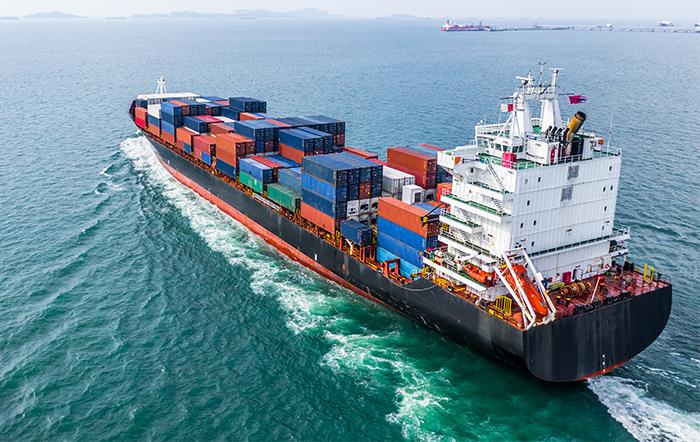
Sky and BBC climate shows feature ECI and SSEE research and expertise
On 7 April, Sky News launched the The Daily Climate Show, a new prime time programme dedicated to covering the global climate crisis. Front and centre of the programme is the Oxford University Global Warming Index, which reveals how the Earth's temperature is steadily rising in fractions of a degree. The Index is based on research by Dr Karsten Haustein, Dr Friederike Otto and Professor Myles Allen and maintained by the ECI at globalwarmingindex.org.
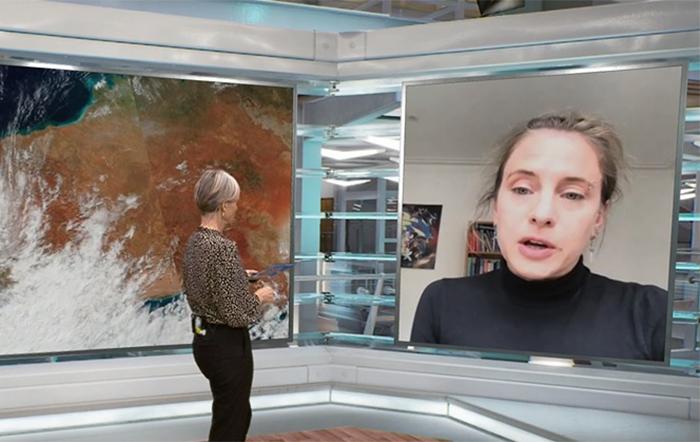
Amplifying Indigenous and local community voices to Decolonise Conservation
On 5th March, the School of Geography and the Environment became an international hub for decolonizing conservation, by hosting the panel 'The Future of Conservation: COP26 and Beyond'. Born out of #DecoloniseConservation, an engagement campaign from XR Youth Solidarity, the panel was a call to action to begin building solidarity ties between Indigenous and local community leaders and academics, in order to bring a united front to COP26 and seek protections for the rights of over 1.65 billion Indigenous peoples, local communities and Afro-descendants in high biodiversity areas.
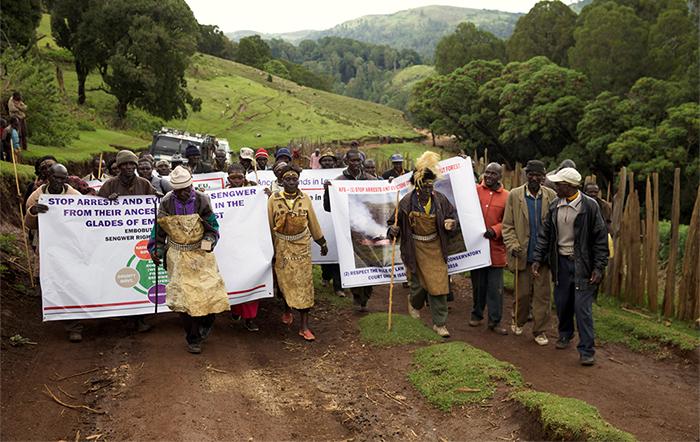
Decolonising Research Methodologies
Dr Amber Murrey is pleased to announce the launch of a new online postgraduate course, Decolonising Research Methodologies. The course is a collaborative project between Oxford and UNISA and is open to PhD/DPhil students in the social sciences at Oxford and universities in Africa. The course is free for all enrolled students and there are funds available to subsidise the costs of internet data/devices. Application deadline: 16 April

Jamie Lorimer on the Probiotic Planet
Jamie Lorimer, Professor of Environmental Geography, talks to Table Debates about his latest book 'The Probiotic Planet: Using Life to Manage Life' in this new Feed podcast. Listen now.
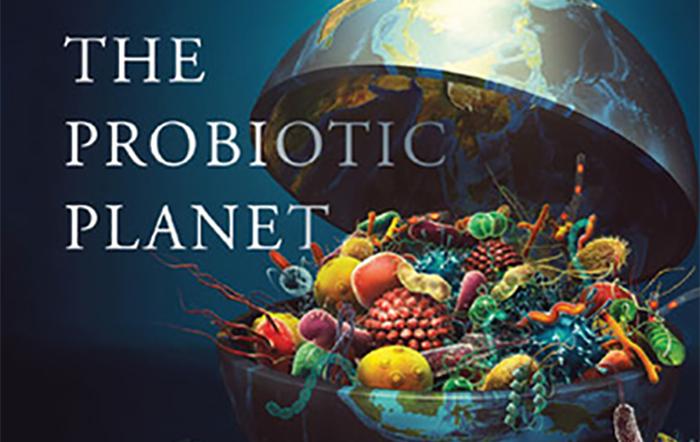
National COVID debts: climate change imperils countries' ability to repay
As the International Monetary Fund (IMF) and the Board of Governors of the World Bank Group convene their spring meetings, researchers from the Smith School of Enterprise and the Environment find that most governments' astronomical borrowing during the pandemic pays scant attention to the effects that climate change could have on their ability to repay the debt.

Sky and BBC climate shows feature SSEE and ECI research and expertise
At 18:30 BST today, 7 April, Sky News will launch the 'The Daily Climate Show' a new prime time programme dedicated to covering the global climate crisis. Front and centre of the programme is the Oxford University Global Warming Index, which reveals how the Earth's temperature is steadily rising in fractions of a degree. The Index is based on research by Dr Karsten Haustein, Dr Friederike Otto and Professor Myles Allen, and maintained by the ECI at globalwarmingindex.org.
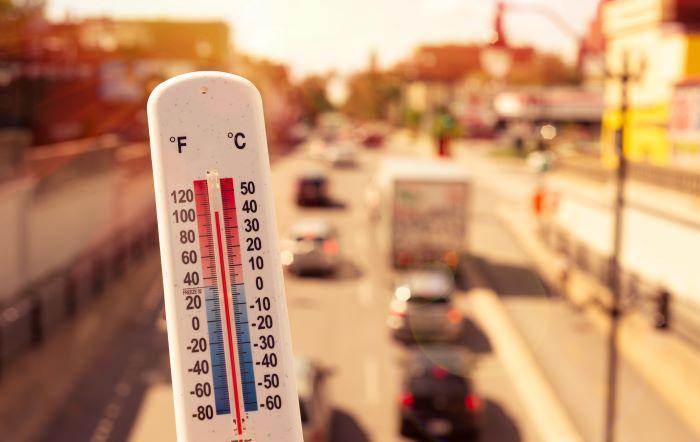
A walk on the wild side: Rewilding Britain's landscapes with large herbivores
Alumna, Filipa Soares, discusses her doctoral research exploring the role of rewilding as an innovative, proactive and experimental approach to nature conservation in Britain. Read in full.
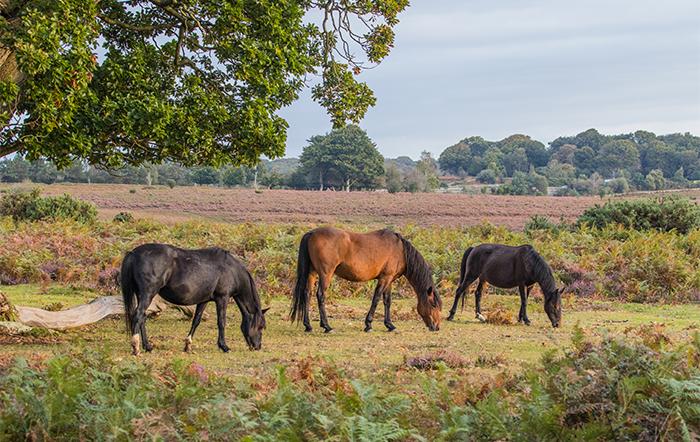
Documenting everyday life as a key worker during the COVID-19 pandemic
A new public engagement project led by TSU's Dr Anna Plyushteva aiming to broaden the conversation about the challenges of everyday life in 2020-21 is documenting the daily lives of key workers who, during the COVID-19 pandemic, perform essential work that cannot be done from home. With the difficulties of working from home receiving much more extensive coverage, the project aims to contribute to the appropriate planning for the public transport needs of key workers in future crises.



